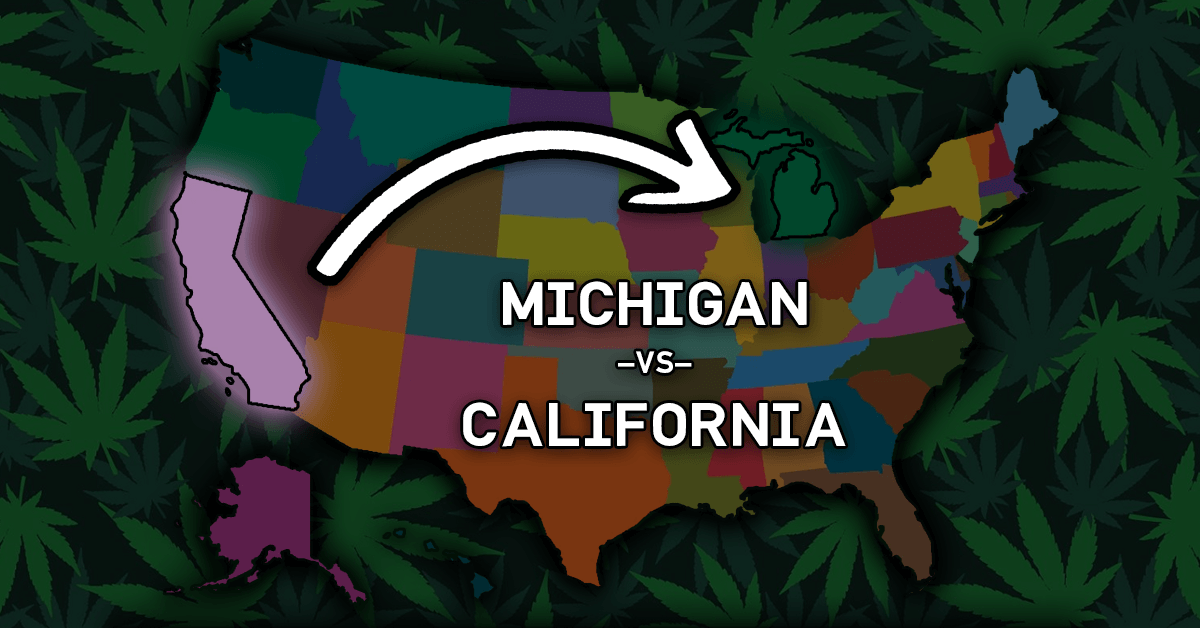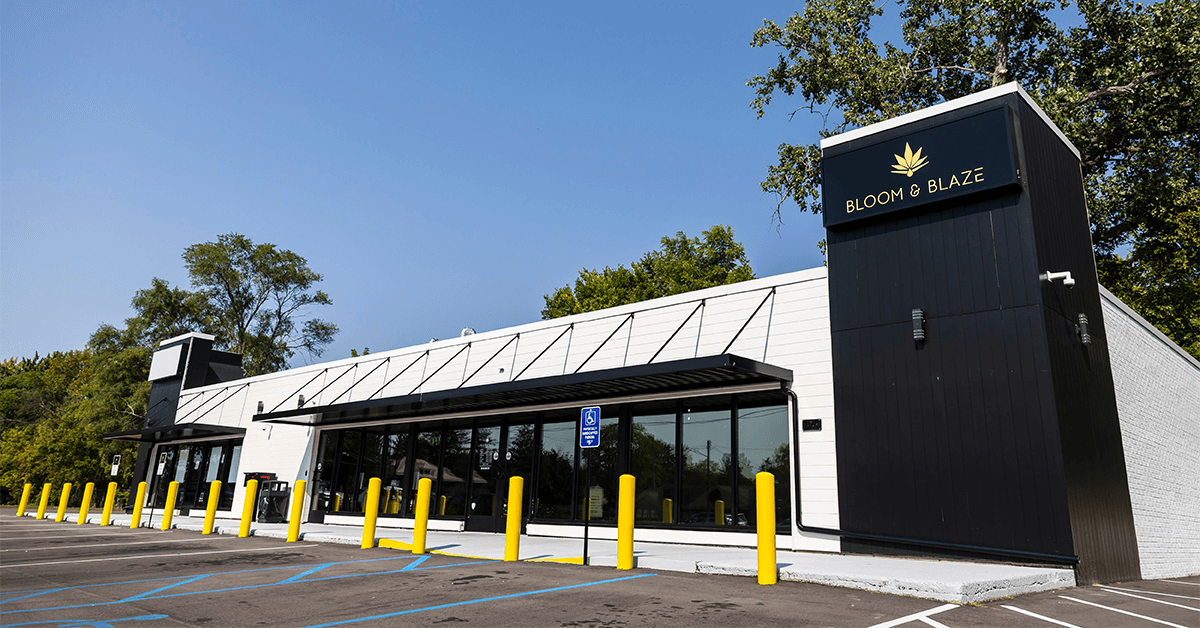Michigan Surpasses California in Legal Cannabis Sales

California has long been heralded as the largest legal cannabis market globally, with Governor Gavin Newsom reinforcing this claim as recently as the past two months. However, recent data suggests that Michigan has now surpassed California in legal cannabis sales volume, challenging the Golden State's longstanding dominance.
According to BDSA, a cannabis analytics firm, Michigan sold 22 million cannabis products in March, edging out California, which sold 21.3 million products. This data is significant as it marks the first time another state has outsold California in terms of unit sales. The firm's analysis relies on point-of-sale data from both states, though the exact timing of Michigan's market overtaking remains unclear.
Despite Michigan's lead in unit sales, California still leads in revenue. California's cannabis sales reached $1 billion in the first quarter of 2024, compared to Michigan's $786 million. The revenue disparity is largely due to Michigan's lower cannabis prices, making legal cannabis more accessible and affordable than in California.
The discrepancy between unit sales and revenue highlights differing market dynamics. Michigan's success in outselling California by units, despite having a smaller population, underscores significant challenges within California's cannabis market. According to Hirsh Jain, a cannabis consultant, California has failed to capitalize on its market potential, resulting in a robust illicit market that undermines legal sales.
Jain attributes California's struggles to high taxes and stringent regulations that inflate legal cannabis prices. Conversely, Michigan's approach includes low cannabis taxes and stringent enforcement against illegal sales, driving consumers to the legal market. This policy environment ensures affordability and convenience, key factors in Michigan's market success.
Moreover, Michigan benefits from neighboring states lacking legal recreational cannabis sales, attracting out-of-state customers. While this cross-border shopping contributes modestly to Michigan's sales, Jain estimates it accounts for only 5% to 10% of the state's total cannabis sales.
California's legal market continues to grapple with challenges. High taxes and regulatory costs push prices up, while insufficient enforcement against illegal operations allows untaxed, cheaper cannabis to thrive. Consequently, California has seen a decline in expected tax revenues from cannabis legalization, with the first quarter of 2024 recording the lowest legal sales in nearly four years. This decline impacts business sustainability and reduces government funding from cannabis taxes.
In contrast, Michigan's strategic approach, characterized by low taxation and strong enforcement, has created a flourishing legal market. The state's cannabis products are affordable for a broad demographic, driving robust legal sales.
The contrasting cannabis market landscapes between California and Michigan highlight differing regulatory approaches and market outcomes. Michigan's recent surge in cannabis sales volume reflects effective market strategies and poses critical lessons for other states aiming to balance regulation, taxation, and market health.
Share this article:
Spotted a typo, grammatical error, or a factual inaccuracy? Let us know - we're committed to correcting errors swiftly and accurately!








 Helpful Links
Helpful Links